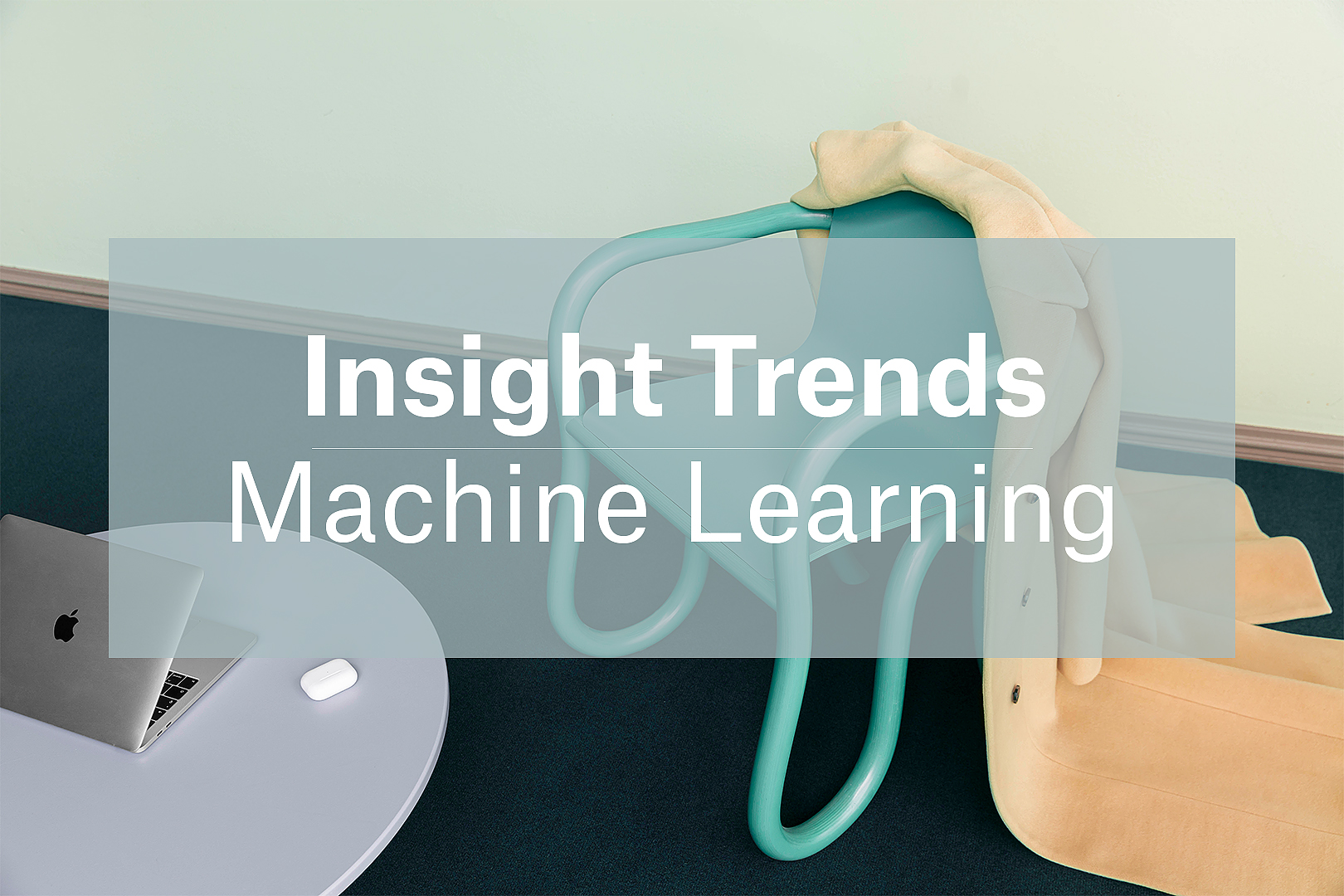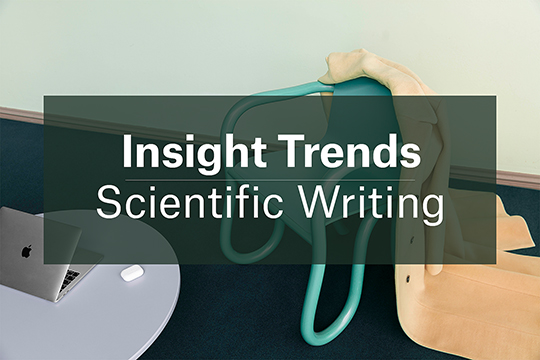Massive amounts of data are generated in healthcare every day. Machine learning is becoming an essential tool for extracting insights from such large datasets, ultimately improving patients’ lives and the efficiency of healthcare services.
Machine learning (ML) is a process where algorithms go through large datasets to identify patterns/associations between features and response variables without human intervention. The trained algorithms can in turn be used in, for example, process automation and informed decision making. Possible ML tasks include classification, clustering of similar features to analyze patterns, and predicting future events based on current data and common trends. Furthermore, ML can be used for ranking relevant information, automation of repetitive tasks, and anomaly detection (features standing out from common patterns).
ML is transforming healthcare
The vast amounts of data available in electronic health records and other healthcare registers can be used to derive Real-World Evidence. However, gaining insights from such complex data can be challenging. This is where ML becomes extremely valuable, as it enables us to address complex problems more efficiently and cost-effectively. With ML, it is possible to detect complicated, non-linear relationships between variables that can easily arise in, for example, heterogeneous populations subjected to medical treatments in real-world clinical practice. Moreover, ML aids in finding explanations for outcomes behind patient features that are not easily detected using conventional statistical tools or human intuition, facilitating decision-making among various stakeholders.
”The potential of ML in healthcare is enormous.”
Consequently, the potential of ML in healthcare is enormous. Healthcare organizations may use ML to manage their resources and services more efficiently, such as staff and appointment scheduling, inventory management, or forecasting hospital capacity (beds, surgery rooms). Diagnostics are also made easier and more accurate, as ML algorithms can process laboratory or imaging data and gather knowledge on parameters or features associated with a certain disease. This increases the reliability of diagnostics given by doctors, at the same time decreasing workforce and related costs. Personalized medicine may benefit from ML too, as algorithms can simplify the search for treatment solutions in specific patient cases, accounting for drug interactions and potential side effects.
Besides highly skilled staff, the basic requirement for successfully applying ML is to have large datasets of good quality, as noisy data with gaps and errors complicate pattern identification. The data also needs to be representative to minimize bias. In addition, depending on the objectives of the analysis or study, special care needs to be taken to select/engineer the right features (variables), so as to obtain relevant information. For example, when predicting healthcare resource utilization, inpatient/outpatient visits and hospitalization times are more relevant features than patient gender or ethnicity.
“Our projects include development of ML-based algorithms.”
MedEngine specializes in ML
At MedEngine, we are actively developing approaches to leverage ML in the context of real-world data. Our team consists of experienced statisticians and data scientists with extensive experience in medical research and ML methodologies. Examples of our projects include development of ML-based algorithms for earlier identification of disease and predicting treatment outcomes and disease progression. These research projects are likely to result in practical applications that improve the efficiency of healthcare and help physicians in patient identification, diagnostics, and treatment optimization.
Expert interviewed: Lasse Ruokolainen




